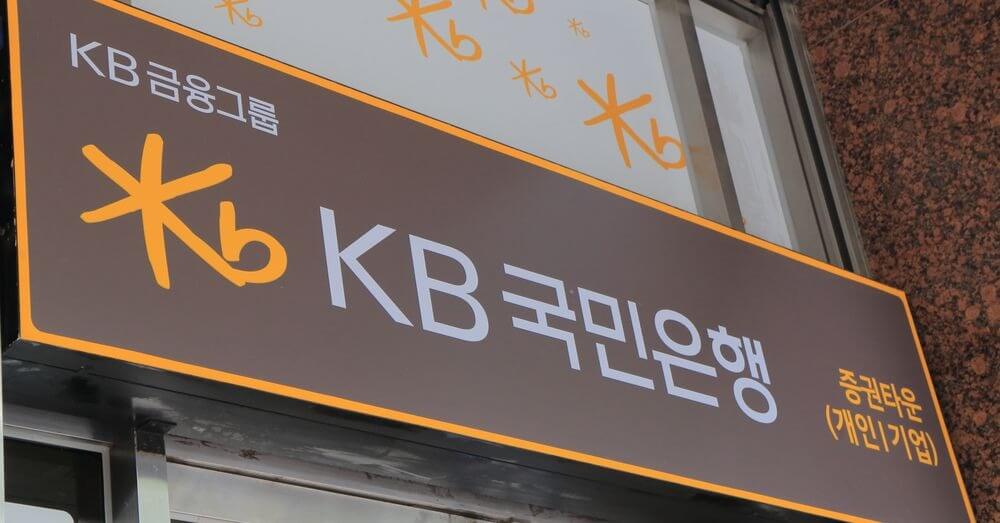
KB Kookmin, one of Korea’s largest banks, is spearheading blockchain development projects for the banking sector
As a result of recent regulatory developments in South Korea, KB Kookmin Bank joined a crypto custodial project, led by Hashed crypto exchange, Cumberland Korea and Haechi Labs.
Cumberland is a crypto trading firm, Haechi Labs specialises in auditing smart contracts and Hashed is a blockchain venture fund firm. They are eachworking in cooperation with KB Kookmin to penetrate the market for digital assets in South Korea.
This “strategic cooperation” is designed to take advantage of South Korea’s emerging crypto banking market that was made possible by a delineation of federal crypto policies in the US.
KB Kookmin Bank is shifting its objective, digitising assets such as real estate and artwork so they can be traded on a blockchain platform, as well as fostering the technological relationships and partnerships needed to further its goals.
The CEO of Hashed, Simon Kim, commented on partnership:
“ …Combining our insight in the blockchain industry and providing both technical and commercial consultations will inevitably open new doors to consumers as well as to the country in ushering the new era of digital transformation.”
Big opportunities in South Korea
KB is not the only bank trying to take advantage of the booming crypto market.
ET news reported that Nonghyup, another prominent player in the Korean banking industry, is teaming up with Hexland, a blockchain specialist, to develop their version of a blockchain custodial service.
Ryu Chang-bo, manager of Research and Development at Nonghyup, shared that:
“The reliability issue of virtual asset storage and management will emerge,…We plan to provide services for institutional investors by utilizing the reliability and proven security system of Nonghyup Bank.”
Nonghyup thinks that in the near future the security of digital asset storage will be a rising concern and a hotbed for consumer demand. Given the widening appeal of digital assets, the company is likely to be proved correct.
